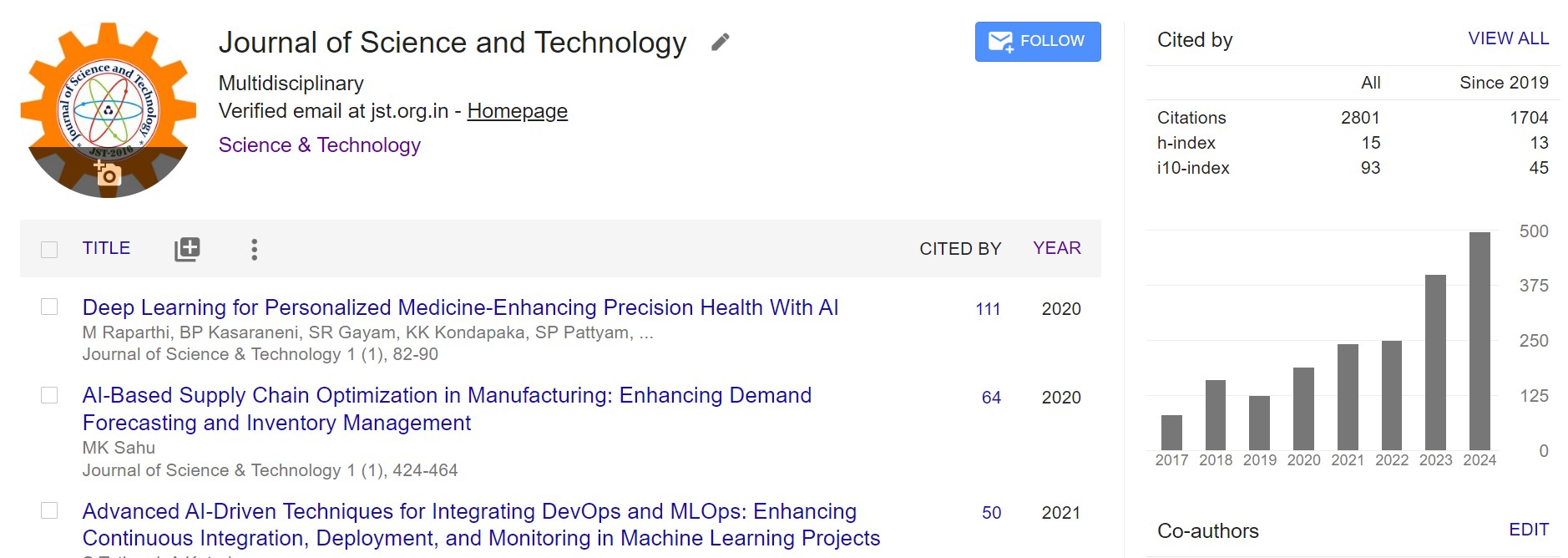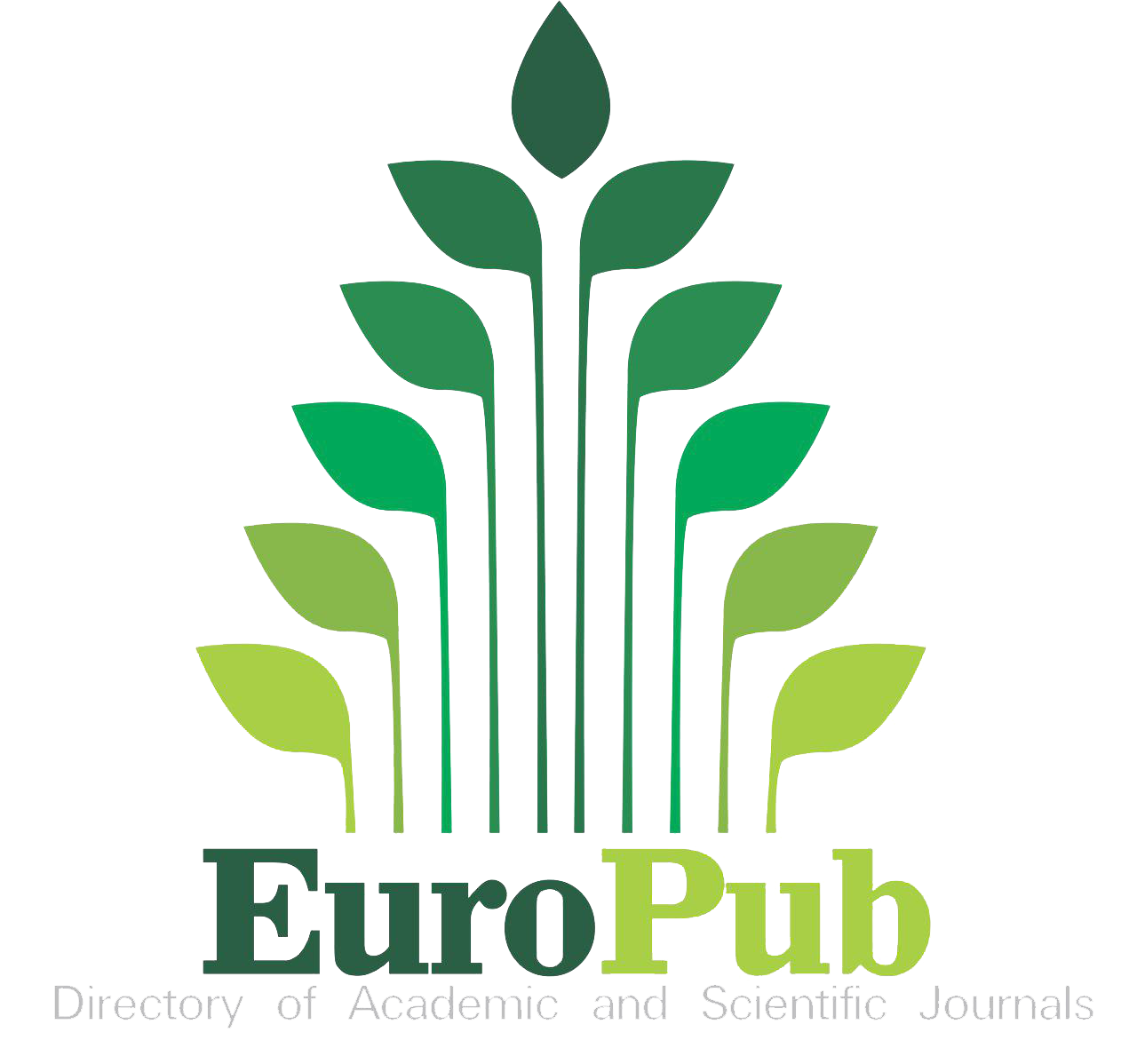Self-Healing Concrete
Keywords:
Compressive Strength, Flexural test, Bacterial ConcreteAbstract
Crack formation is very common phenomenon in concrete structure which allows the water and different type of chemical into the concrete through the cracks and decreases their durability, strength and which also affect the reinforcement when it comes in contact with water, CO2 and other chemicals. For repairing the cracks developed in the concrete, it requires regular maintenance and special type of treatment which will be very expansive. So, to overcome from this problem autonomous self-healing mechanism is introduced in the concrete which helps to repair the cracks by producing calcium carbonate crystals which block the micro cracks and pores in the concrete. The condition of growth is different for different types of bacteria. The selection of the bacteria was according to their survival in the alkaline environment such as B. pasteurii, Bacillus subtilis and B. spharicus which are mainly used for the experiments by different researchers for their study. Bactria improves the structural properties such as tensile strength, water permeability, durability and compressive strength of the normal concrete which was found by the performing different type of experiment on too many specimens had varying sizes used by different researchers for their study of bacterial concrete in comparison with the conventional concrete and from the experiment it was also found that use of light weight aggregate along with bacteria helps in self healing property of concrete. For gaining the best result a mathematical model was also introduced to study the stress-strain behavior of bacteria which was used to improve the strength of concrete.






















